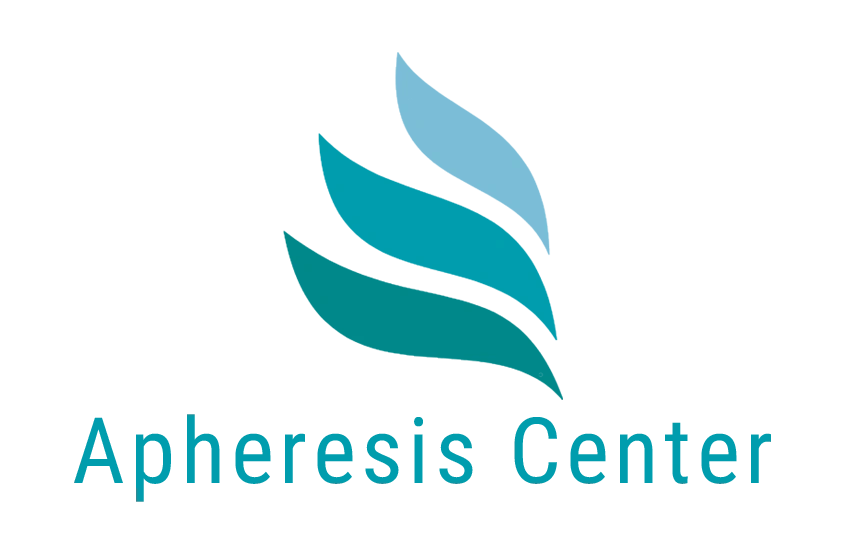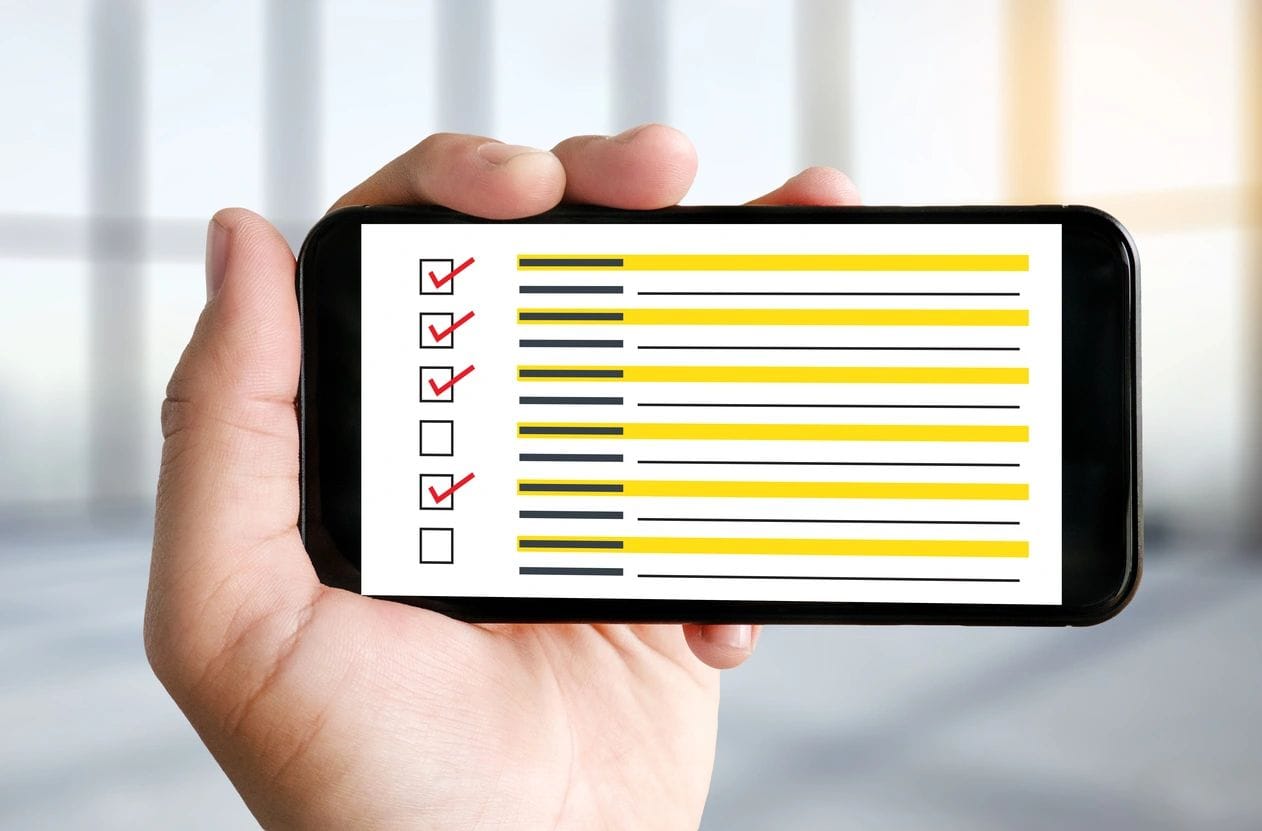作者:Tanja Walser塔尼娅-瓦尔泽
生活在两者之间:长期 COVID 恢复过程中的神经系统
五月是 "心理健康宣传月",这是一个探讨慢性疾病与情绪健康之间深刻联系的好时机。对于正在经历漫长的 COVID 康复期的人来说,心理健康往往不仅面临着症状的不可预测性,还面临着人们刚刚开始了解的神经和神经系统变化的挑战。
Long COVID isn’t just “in your head” – but it does affect your brain and nervous system in powerful ways. Research shows how post-viral inflammation and nervous system dysregulation can lead to anxiety, brain fog, low mood, and emotional fatigue. By understanding how the nervous system is impacted, we can create more compassionate and effective strategies to support the body and mind through recovery.
COVID 对神经系统的影响有多大
One of the reasons Long COVID is so challenging is that it often impacts multiple branches of the nervous system – central, autonomic, and peripheral. Let’s briefly look at each.
1.中枢神经系统(CNS)
中枢神经系统包括大脑和脊髓。利用神经成像技术进行的研究表明,一些长 COVID 患者会出现神经炎症、灰质变化以及与记忆和情感相关区域的改变。这可能有助于解释以下症状
- Difficulty concentrating or remembering things (“brain fog“)
- 情绪波动或低落
- 感官超负荷(光线、声音、人群)
2.自律神经系统(ANS)
The ANS controls automatic bodily functions like heart rate, blood pressure, digestion, and temperature regulation. For many with Long COVID, this system becomes dysregulated – a condition often referred to as dysautonomia. This can manifest as:
- 心悸或心跳加速(尤其是站立时)
- Dizziness or light-headedness (POTS-like symptoms)
- 消化问题
- 睡眠障碍
- 应激反应增强或延长
这种持续的 "威胁 "状态会将身体推向交感神经主导状态,使其更难痊愈或休息。
3.外周神经系统(PNS)
Though less commonly discussed, the PNS can also be affected. Some people report tingling, burning, or numbness in limbs – a sign of small fibre neuropathy.
为什么心理健康经常受到影响
If you’ve found yourself feeling more anxious, emotionally flat, or mentally exhausted, you’re not alone – and you’re not imagining it.
When the nervous system is inflamed or dysregulated, the brain’s ability to modulate mood, manage stress, and process emotions is affected. Your internal resources are stretched thin, and the usual coping strategies may feel less effective. Some contributing factors include:
- 神经发炎与抑郁和认知变化有关
- 皮质醇和 HPA 轴失调,可改变能量、动力和恢复力
- 睡眠障碍会影响情绪调节和记忆力
- 自律神经亢奋,导致难以 "关机 "或放松
There’s also the emotional toll of living with a chronic condition that’s still misunderstood by some parts of the medical community or wider society.
The nervous system isn’t an isolated structure – it’s part of a dynamic, adaptive system that responds to environment, lifestyle, trauma, and inflammation. Supporting it doesn’t require perfection. Instead, it’s about providing the body with consistent signals of safety, nourishment, and regulation.
以下是一些可帮助神经系统恢复和复原的循证策略。
1.与神经系统合作,而不是对抗它
Pushing through fatigue, ignoring symptoms, or trying to “power through” a crash often backfires. Instead, adopt the concept of pacing with self-compassion. This means:
- 根据当前的能量水平规划活动
- 让休息无愧于心
- 跟踪一段时间内的模式(能量、睡眠、压力因素
Many people find daily rhythms and predictability calming for the nervous system – even if your capacity is low. A simple morning or bedtime ritual can anchor your day.
2.迷走神经支持
The vagus nerve is a key player in regulating the parasympathetic (rest-and-digest) state. You can’t will yourself into relaxation – but you can send gentle signals that it’s safe to soften. Low-effort techniques include:
- Slow diaphragmatic breathing (e.g., inhale for 4, exhale for 6–8)
- Humming, chanting, or singing (activates vagal tone)
- Cold water splashes on the face (brief and not extreme)
- Gargling (stimulates vagus through throat muscles)
- 安全的社交联系,即使是虚拟的
虽然这些看似微不足道,但随着时间的推移,它们会训练神经系统,使其达到更规范的基线。
3.温和的躯体练习
Somatic (body-based) approaches can help discharge stress and build interoception – your ability to sense internal signals. Practices that can be tailored to energy levels include:
- 恢复性瑜伽或睡眠瑜伽
- 身体扫描和接地练习
这些练习将身体从防御状态转变为开放和修复状态。
4.创造安全微时刻
If you’ve been living with heightened threat signals – physically or emotionally – your nervous system may be in a chronic state of hypervigilance. Even tiny moments of felt safety are powerful. Try:
- 坐在阳光或自然光下
- 把自己裹在柔软的毯子里
- 聆听平静的音乐或大自然的声音
- 观看令人平静的图像(如树木、海洋、宠物等)
- 调动感官(如精油、花草茶)
These aren’t “nice extras” – they’re information. You’re showing your nervous system it’s safe to shift gears.
5.温和地重建复原力
Nervous system regulation isn’t about “bouncing back” quickly – it’s about building capacity over time. This might include:
- Prioritising consistent sleep-wake times (even if sleep is fragmented)
- Taking tech breaks to reduce sensory overload
- Spending brief time in nature or natural environments
- Setting gentle boundaries to avoid overwhelm
寻找身体可以信任的、可重复的小习惯。
身体记得如何愈合
Recovery from Long COVID is complex, but the body is not broken – it’s responding intelligently to overwhelming input. Nervous system support doesn’t promise instant results, but it lays a foundation for gradual, sustainable healing.
During Mental Health Awareness Month, it’s important to acknowledge that mental health is physical health – especially in conditions like Long COVID. Nervous system care is a vital part of recovery, not an optional extra. You are not weak for struggling – your body is doing its best to protect you.
前进的道路是曲折的。
If you’re curious about how functional medicine health coaching could help in your own Long COVID recovery, Tanja offers a free 20-minute conversation to explore what next steps might feel most supportive for you. Click here to book a time that suits you.


